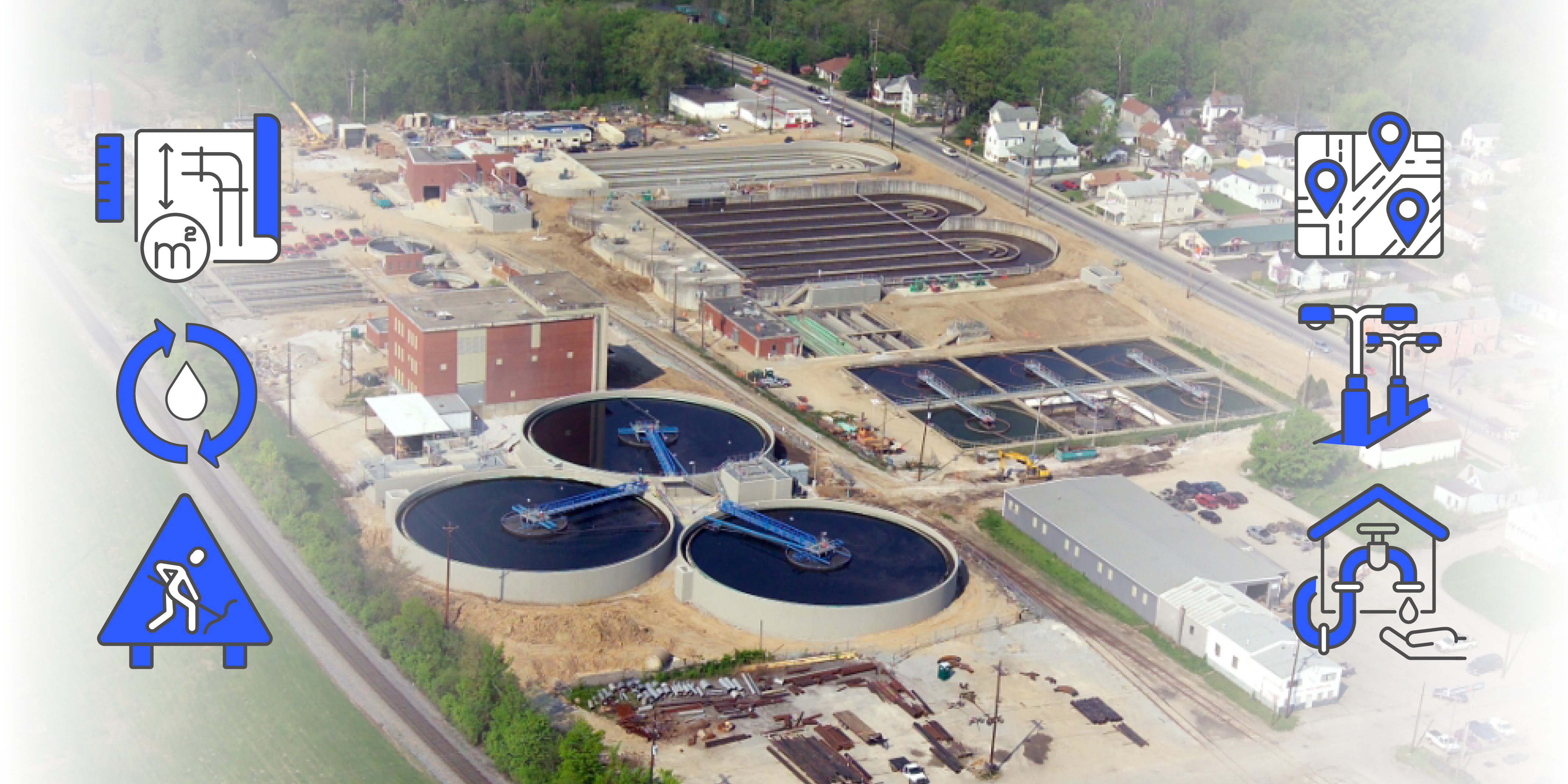Certainly, after a fulfilling career, most of us look forward to enjoying a well-deserved retirement. According to a Time Magazine study, less than 1% of Water and Wastewater System Operators are working over the age of 65.It’s hard to imagine individuals expressing regret over not working more during their lifetime. However, municipal administrators, especially in small and rural communities, may express regret if they fail to plan for the loss of Certified Operators due to the shifting demographics and impending retirements of thousands of Water and Wastewater professionals.
A staggering 21.5% of the Nation’s Operators are between the ages of 55-64. Only 5% of Operators are under the age of 24, signaling the lack of sustainable human resources to safeguard the infrastructure providing the most basic human needs to municipal constituents. In fact, the U.S. Bureau of Labor Statistics estimates a 7% reduction in the total Water and Wastewater System workforce over the next decade.
Considering $55 billion spent is spent annually by state and local governments on wastewater capital, operating, and maintenance programs, an independent compliance review of a municipality’s Wastewater Treatment Plant by an outside consultant may provide insight into current municipal infrastructure challenges. Several benefits are identified below:
Building a Succession Plan
As noted, many senior Operators are moving into retirement, leaving gaps in institutional knowledge. A qualified engineering consultant will look at how well a municipality and its water/wastewater facilities have planned for the future. With an unexpected retirement or loss of a Certified Operator, municipalities only have three to six months before facing regulatory actions by the Illinois EPA. Younger staff can be trained, but they simply may not have the years of experience required for both certification and familiarity with critical facility decision-making.
Meeting New Regulations for Compliance
Advanced technology for nutrient removal is driving the need for additional training for Operators; even senior Operators need to gain an understanding of these new technologies. Paired with new regulatory changes, often facilities do not have the time needed to send staff to training before their plant has to meet new regulations. A third-party compliance review will help determine the current state of a system’s readiness with relation to coming technology and regulatory updates. Furthermore, this review can help facilitate an understanding of the impact of new regulations and the steps needed to meet compliance.
Providing a Communications Strategy
Perhaps the most crucial element to a consultant’s involvement in the review of your municipality’s wastewater treatment plant is to connect the communications triangle between municipal Administrators, system Operators, and government Regulators. Often, disconnects exist between the compliance expectations of Regulators, the implementation concerns of Operators, and the budgetary resources of Administrators. A consultant may be able to bring all parties to the same table, establish lines of communication, and ensure each group is heard.
How a Municipal Engineering Consultant Offering Certified Operator Services Can Help
Clark Dietz offers in-house Certified Operator Services. Our team, led by David Collard, knows what it’s like to be on the operations side of a plant facing imminent experience and certification gaps. The first thing our team will seek is an in-depth understanding of your plant, its operations, personnel, and physical condition. Armed with this knowledge and the experience of our subject matter experts, we can bring all stakeholders up-to-speed on where your plant needs to be in the coming years. We understand that you’re busy operating your plant; Clark Dietz can focus on initiatives to deliver understanding of new technology and regulations with no interruptions of your community’s critical infrastructure. If needed, we can assume full responsibility for process control decisions and recommendations while offering expert advice to municipal leaders. Proactive planning will mitigate risks of changing water and wastewater system operations.





